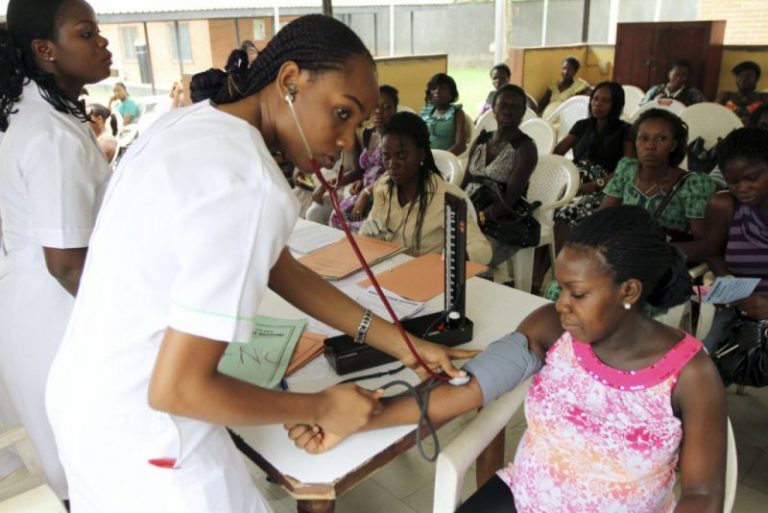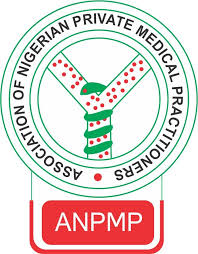Nigeria’s health sector continues to grapple with the persistent brain drain of medical professionals migrating abroad, a challenge that has hit private hospitals, providers of about 70 percent of healthcare services in the country, particularly hard. In a bid to cut costs, many private health facilities are increasingly relying on auxiliary nurses, who often lack formal training and certification, to fill critical roles usually reserved for registered nurses. An investigation has uncovered how this trend has contributed to avoidable medical mistakes, patient deaths, and a growing loss of public trust in the healthcare system. Sodiq Ojouroungbe reports.
One heartbreaking example comes from Abeokuta, the Ogun State capital, where a tragic incident unfolded under the shadow of a rainy, muddy morning. Fatima Adetoye recalls the day her sister, Amina, entered a private hospital alive but never left it.
Amina, a 26-year-old mother, had sought care after feeling weak with mild fever and body pains the night before. “We thought it was just malaria,” Fatima recounted, her voice heavy with grief. The following day, Amina was taken to a nearby private hospital, a modest facility trusted by the local community.
However, the care Amina received was far from what was expected. Instead of being attended by a qualified doctor or registered nurse, Amina was seen by a woman dressed in a nurse’s uniform. “She barely asked any questions, didn’t conduct any tests, and simply declared it was malaria,” Fatima said.
Unknown to Fatima then, the woman was an auxiliary nurse, a category in Nigeria’s healthcare sector lacking formal licensing or proper medical training. This group of auxiliary nurses, often employed due to their lower salary demands, have become widespread in private hospitals across the country.
Fatima described the tragic sequence that followed: “They administered an injection, and within hours, Amina’s condition worsened dramatically. She began gasping for air, her skin turned blotchy red. I alerted the staff, but they assured me she was fine and needed rest.”
By nightfall, Amina’s health had deteriorated sharply. She became restless, vomited repeatedly, and drifted in and out of consciousness. It was only then that a doctor was called, who recommended transferring her to a better-equipped hospital. But it was too late.
At the second facility, medical personnel revealed that Amina had been given a drug she was allergic to, a fact that could have been prevented with a proper medical history assessment and qualified nursing care. “A registered nurse would have recognized the risk. From the moment that injection was given, she was fighting for her life,” Fatima lamented.
Amina died within hours, leaving behind a family devastated by loss and unanswered questions. There was no formal apology from the first hospital, no investigation into the negligence, only a silent funeral and a wound that Fatima says has never healed.
“What hurts most is knowing that her death was preventable. Lives are being gambled with because untrained personnel are allowed to manage critical aspects of patient care,” she bitterly concluded.
This tragic case underscores a wider crisis facing Nigeria’s private healthcare sector, where the drive to reduce operational costs has led to the sidelining of skilled health professionals in favour of unqualified auxiliary staff. The consequences are fatal and eroding public confidence in what should be trusted institutions.


